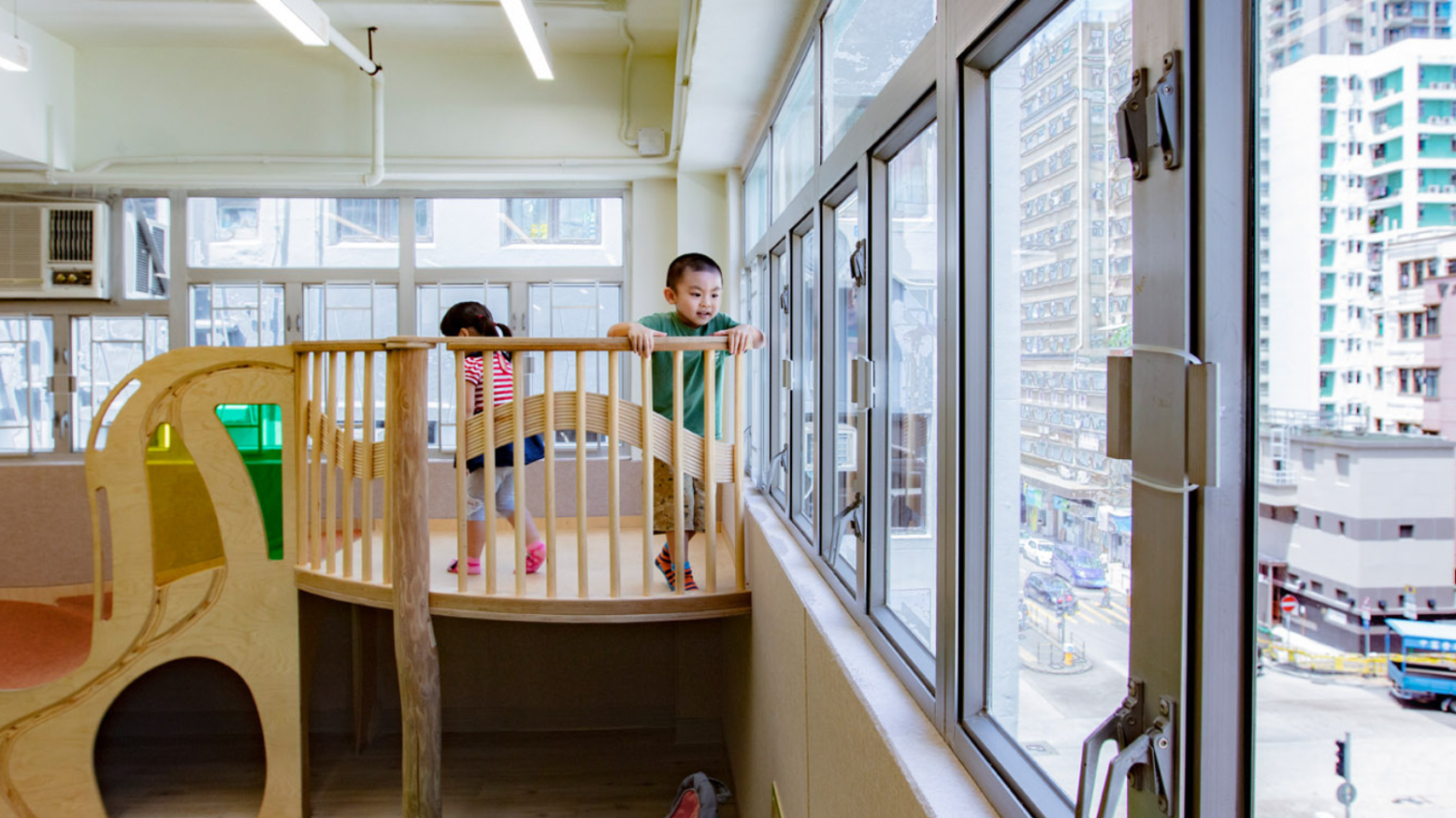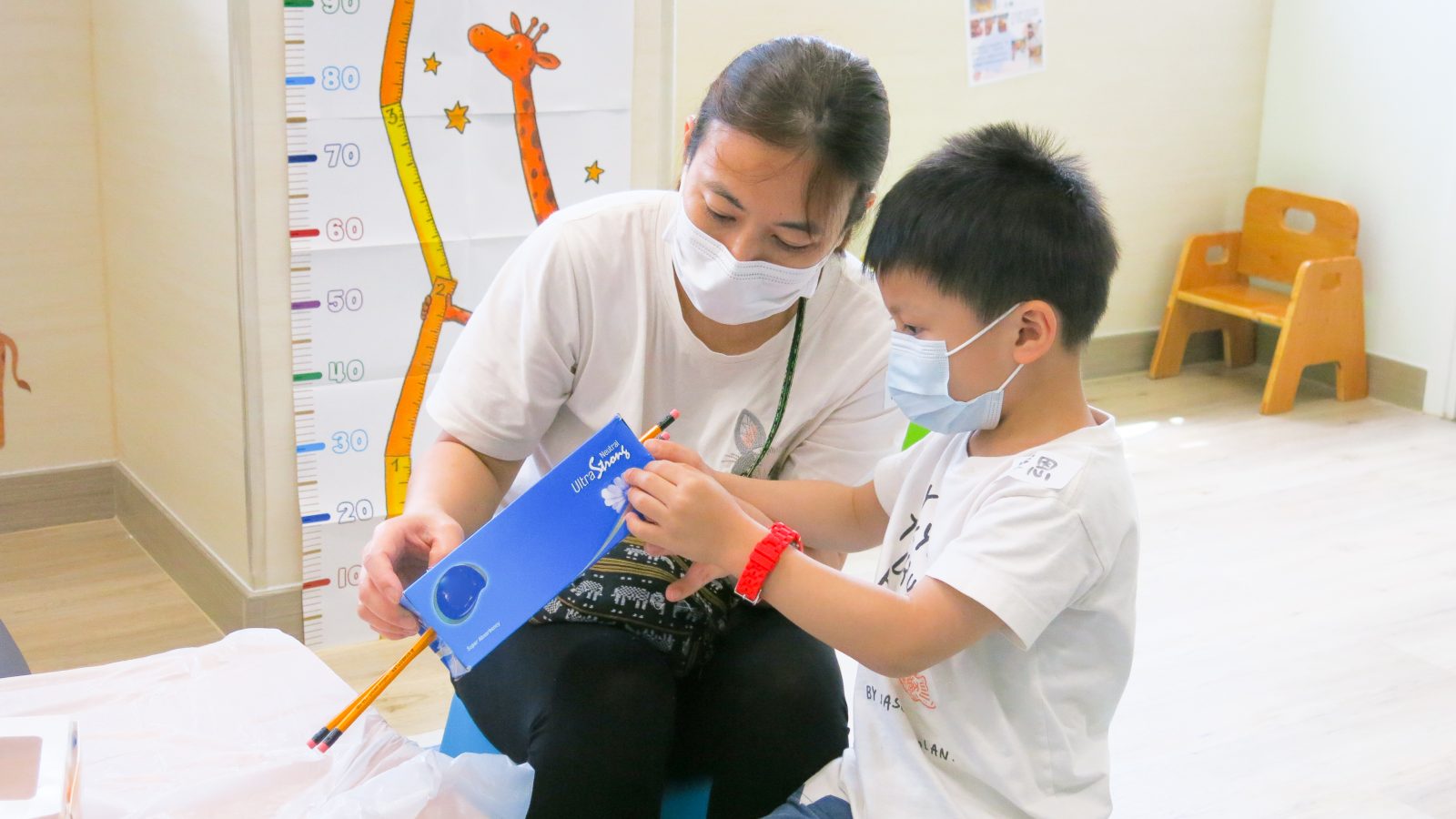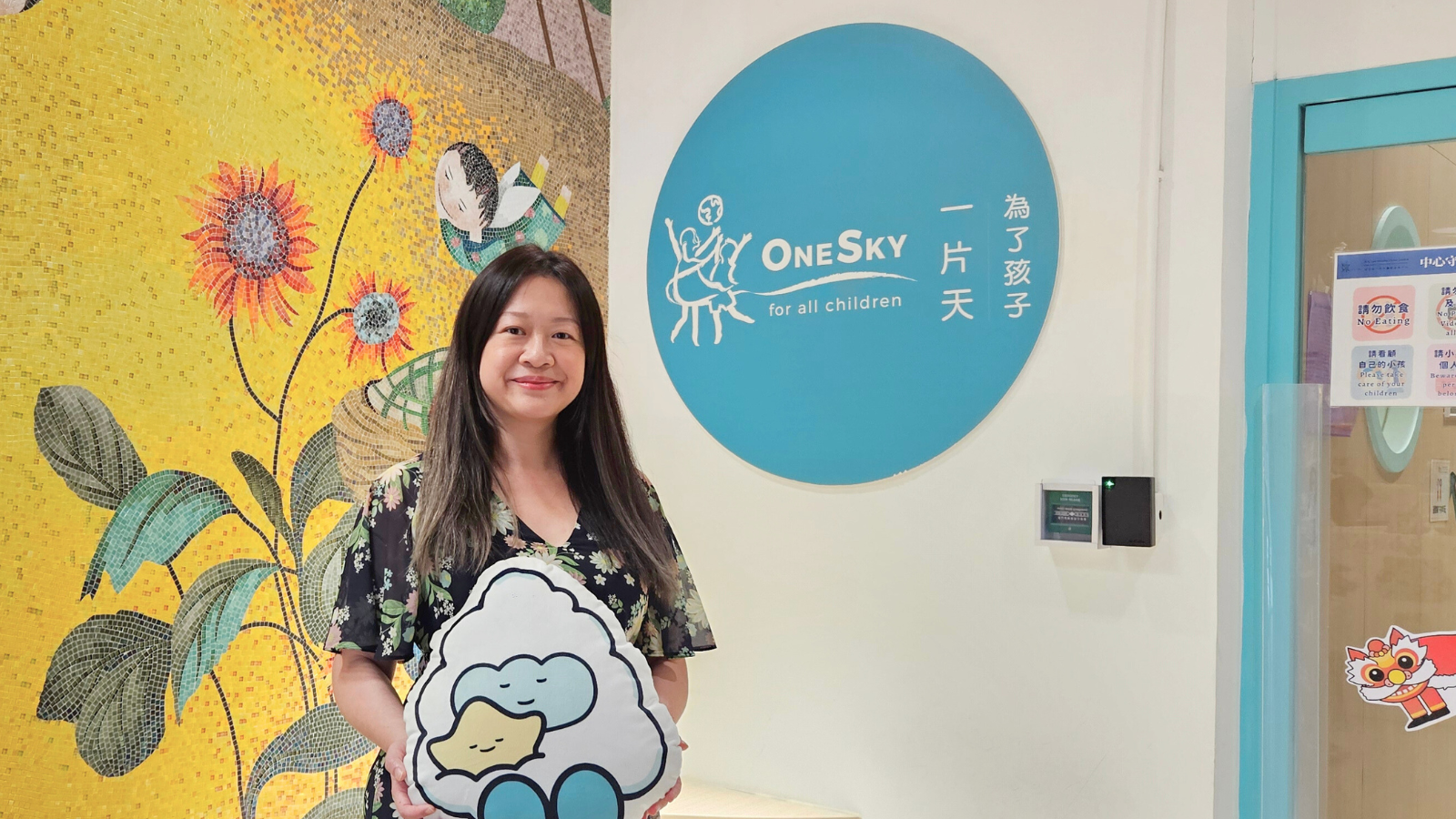Opinion: Tragedy Highlights Urgent Need for Support for Grassroots Child Caregivers
News report that a three-year-old girl was left alone for days with her mother, who is suspected to have died suddenly from an asthma attack. The child survived on biscuits until neighbors were alarmed by the loud cries of the toddler. As someone working on child care, we are deeply concerned about the emotional toll this incident will have on the girl. More broadly, it compels us to reflect on how society can better support grassroots child caregivers facing immense pressure.
The single mother in this tragedy raised her daughter alone, grappling with unemployment and poor health. A photograph of the mother and daughter, captured by a reporter, hung in their home—a poignant reminder that, like many mothers, she wanted to shower her child with love and care.
Child caregivers from the underprivileged communities are often torn between parenting responsibilities and financial pressure. While the government offers financial assistance to low-income families, many caregivers of young children yearn for more than just monetary aid. They also need safe, nurturing spaces where their children can grow and thrive, and where they, too, can find support and respite.
In Sham Shui Po, where we serve, many families live in cramped subdivided flats. Mothers often care for young children in confined spaces for extended periods. Babies cry, toddlers move around a lot, and there is not much space for children to play, learn, or develop in these tiny flats. Caregivers juggle their children’s developmental and emotional needs alongside endless household chores. Parenting at home is far from easy. Many mothers often feel overwhelmed, saying, “I can’t handle my child anymore” or “I feel so frustrated.” One mother, battling a high fever, brought her one-year-old to our center, pleading, “If I pass out, please take care of my child.”
This tragedy highlights a critical gap in our child care system: the lack of early intervention for families with children under two or three, before they enter kindergarten. Research shows that children aged 0–2 experience rapid brain development and have immense learning potential. In Hong Kong, 27% of poor children live in poverty, which is about one in four. This greatly limits their chances to grow and develop.
OneSky commissioned a 2024 study by the Department of Early Childhood and Elementary Education at Hong Kong Baptist University’s School of Continuing Education. Out of 297 interviewees, 87.6% spent more time and energy on childcare than anticipated. Over 60% expressed concerns about the financial costs of raising children, and more than half reported difficulties balancing childcare with other responsibilities.
As society encourages childbirth, we should better support caregivers so they do not feel isolated or overwhelmed. Imagine if all 18 districts in Hong Kong had a parenting friendly community living room, where caregivers could connect, share resources, and build support networks. Our community living room in Sham Shui Po offers emotional support, parenting education, and short-term respite care services to families with limited resources, providing essential help to caregivers dealing with family and financial challenges.
In the 2024 Policy Address, the government proposed improving care for the elderly and people with disabilities, including plans for a caregiver database. We urge policymakers to expand this initiative to include families with newborns and toddlers. Such a database could swiftly identify high-risk cases, enabling proactive support to prevent tragedies and ensure children grow up in safe, happy environments.
This heartbreaking incident serves as a call to action. By enhancing community support and establishing early intervention systems, we can help underprivileged caregivers and their children thrive, laying a foundation for a bright future for these children.
Phyllis Chan, Director of Programs, OneSky Global Centre for Early Childhood Development
(Article published on HK01, Chinese only)
This post is also available in: 中文






